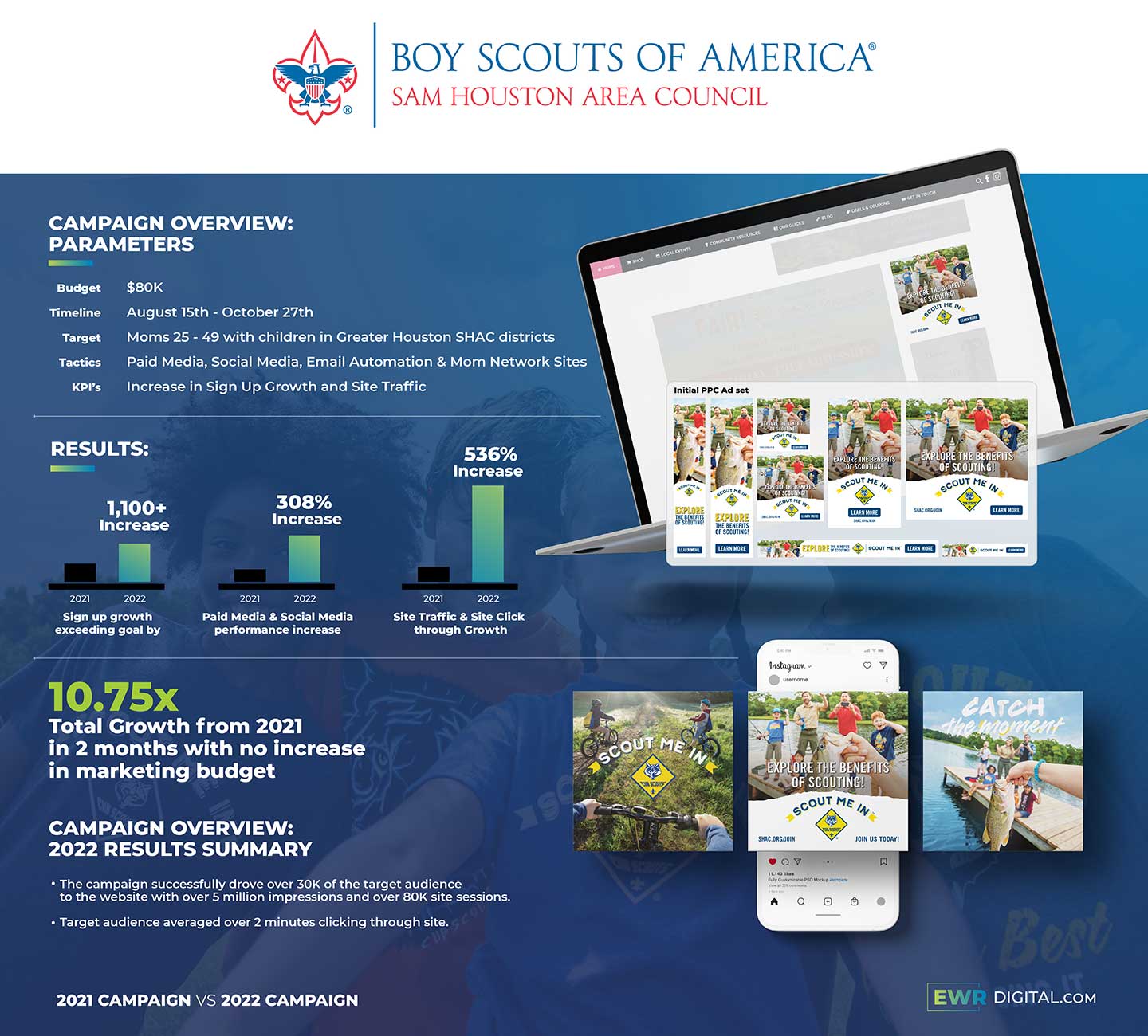When you have a small business, you have one lingering concern, “How do you compete with big businesses?” There are several hurdles that small businesses face. One of the mediums by which a small business can stand out is through effective digital marketing. Have you looked into small business digital marketing for your company?
If not, now is the time. By implementing digital marketing best practices, your company can stand out amongst the competition.

Small Business Digital Marketing for Your Company
This in-depth guide will show you how to grow your business through digital marketing best practices.
We suggest you save this article as these practices will need to be repeated so that you can continually optimize your business.
In addition to this guide, explore other mediums to learn about digital marketing.
Here are the strategies and best practices you need to know:
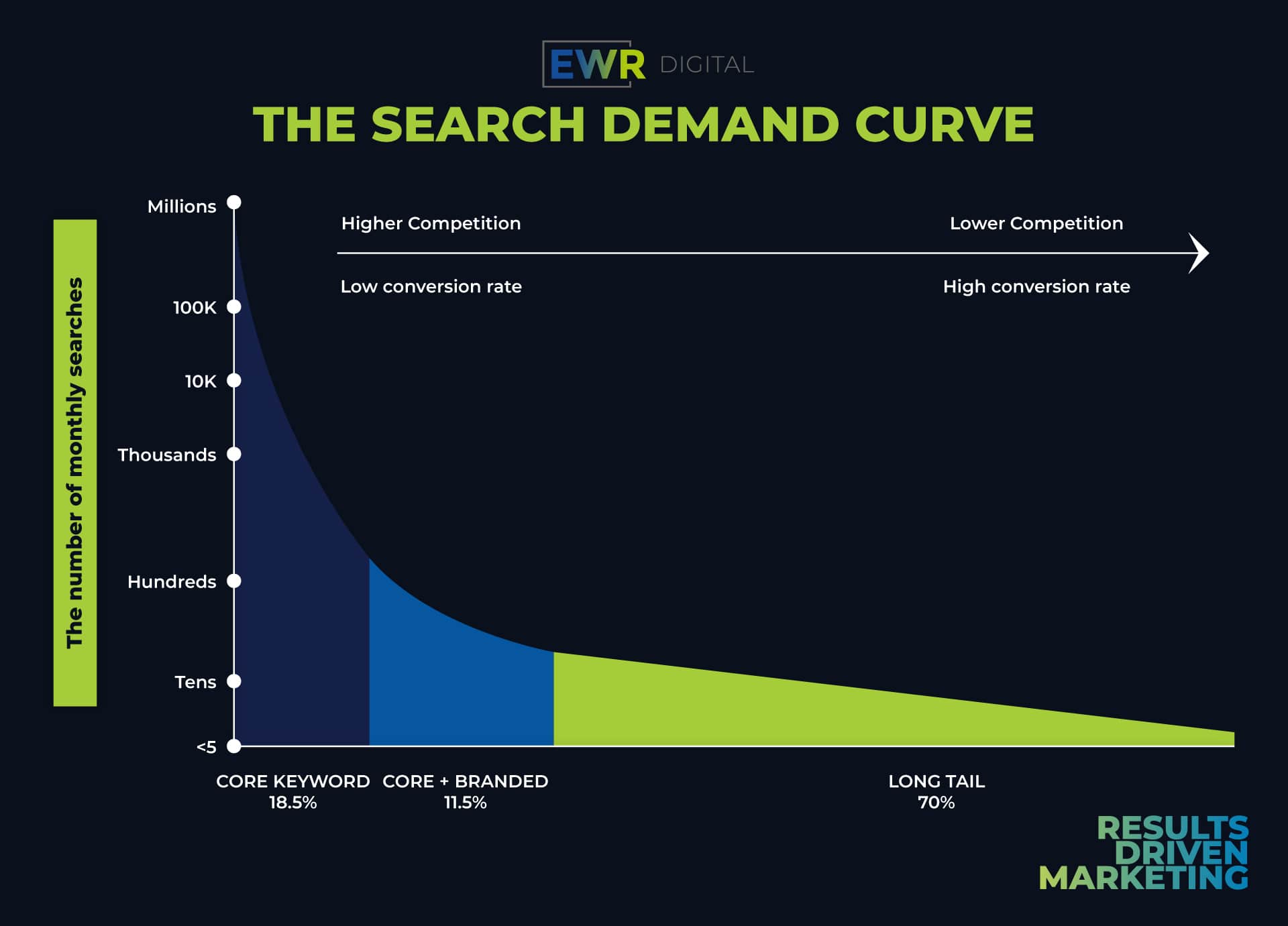
1. Search Engine Optimization
When you want search something on the Internet, the first thing you do is enter a few keywords into the search bar of a preferred search engine.
These keywords are more important than you would think. These keywords can be used by marketers to make websites rank highly in the search engines.
This technique is known as Search Engine Optimization or SEO.
Using the right keywords you can edit your website’s copy and other written content to make it easier to rank highly in search engines.
Action: Using a keyword tool, research the right keywords needed for your website’s SEO. Implement these keywords into the written content of your website.
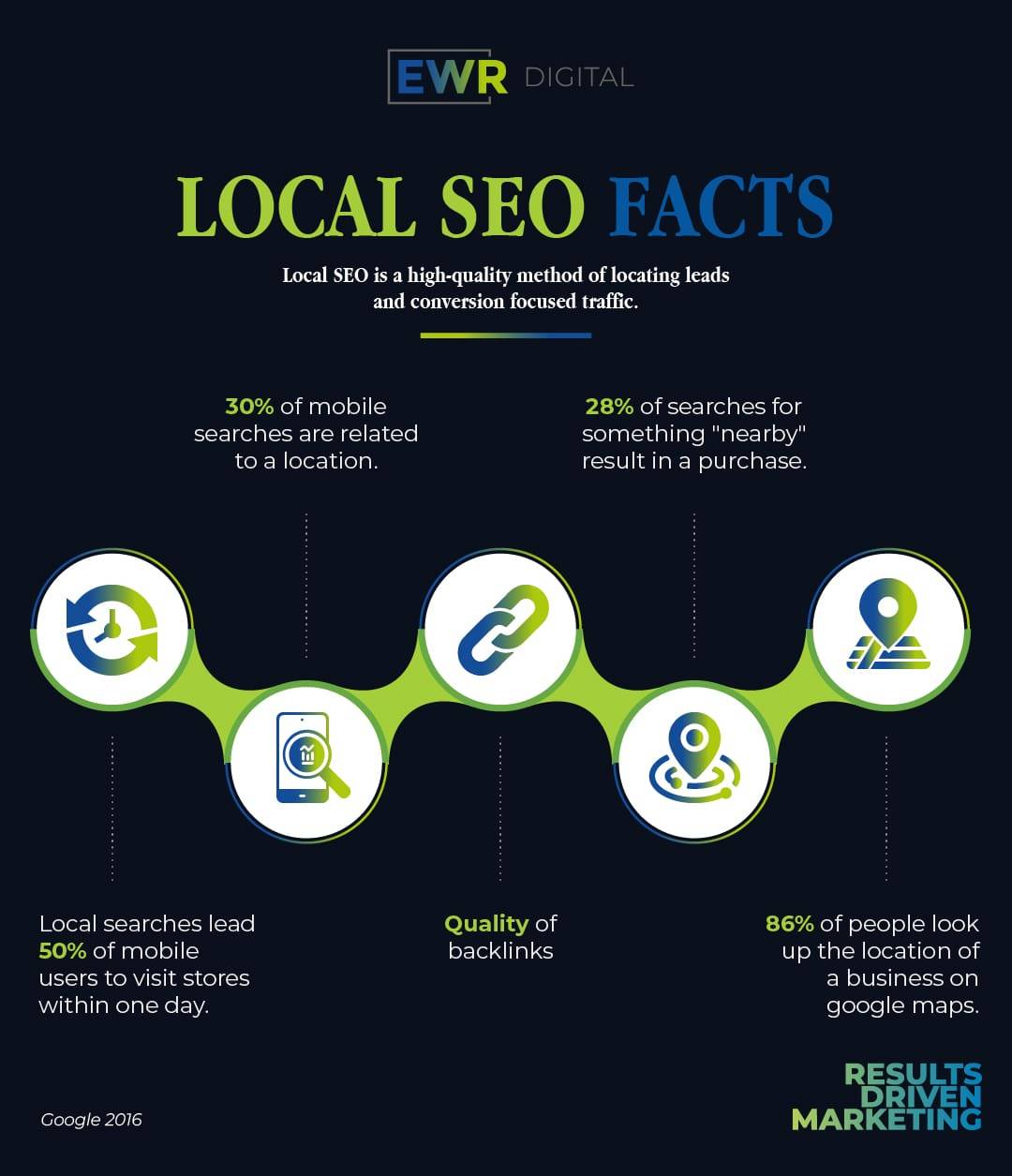
2. Local Search Marketing
Another aspect of ranking highly in search engines is through local search marketing.
With a service such as Google My Business, you can enter your business’s details for locals to easily communicate with your company.
If you enter your company’s address, website URL, phone number, etc. it greatly increases the chances of its high ranking on search engines.
Think about this: If you run a restaurant and an Internet user cannot quickly find your phone number online to make a reservation, they will likely find another restaurant.
Even if your business is entirely digital, you can still use Google My Business to share your URL and contact information.
Action: Use Google My Business and similar services to enter the information for Internet users to access and communicate with your business quickly.
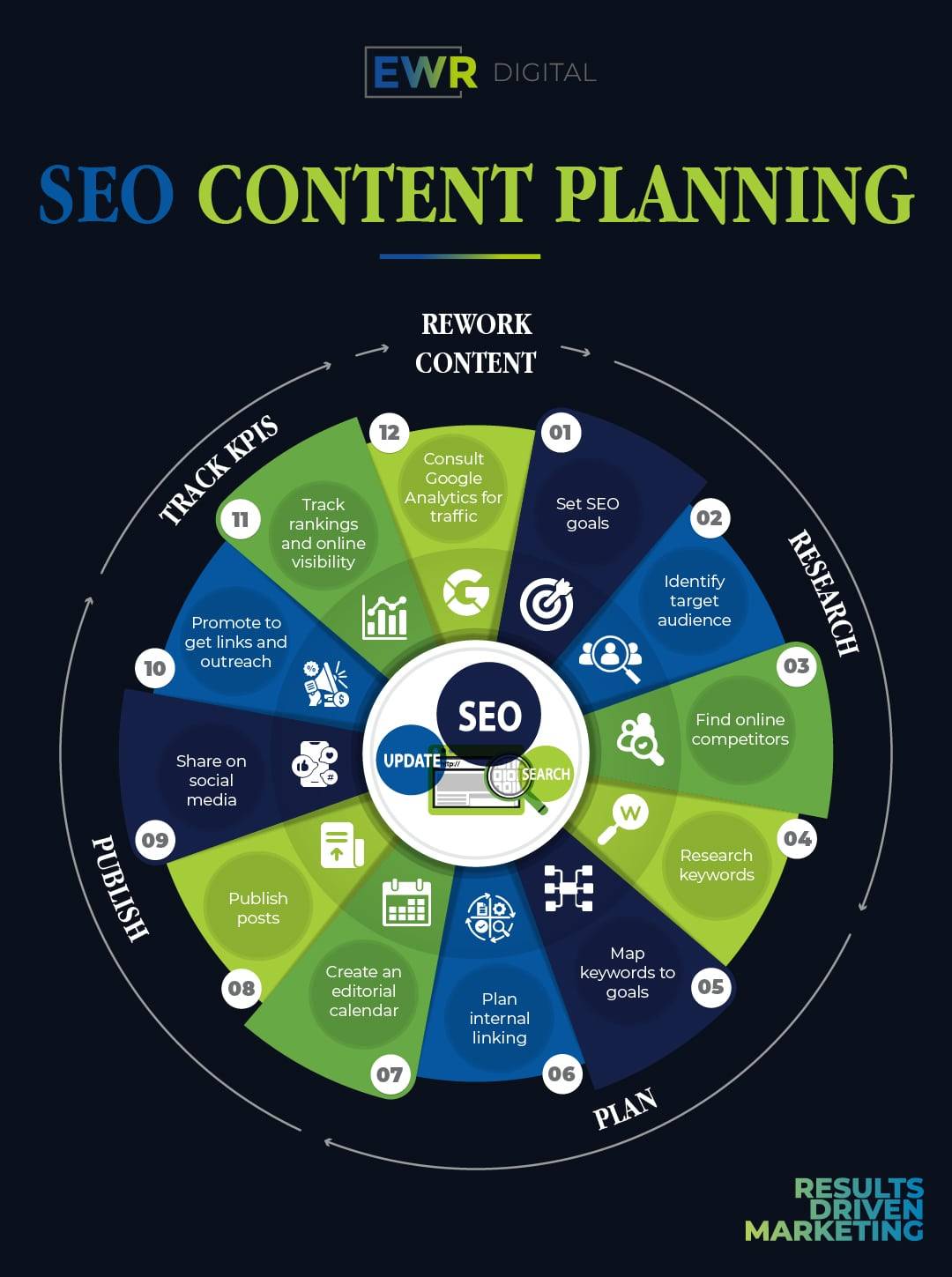
3. Content Marketing
You’ve probably heard of the common phrase “Content is King.” While this may be a tiresome phrase, it remains as true as ever.
Every single business in every single industry must create content to engage an audience with their brand. This engagement will cultivate a relationship with customers who bring revenue to your business.
Whether you run a blog, have a YouTube channel, a podcast, or all three, you have options to create content to engage your audience. Your content should focus on your industry and should establish your company as an authority in the industry.
Creating content is often the most fun aspect of digital marketing. Unfortunately, it can often be the most challenging. While the ultimate goal is to turn your audience into customers, you will failif your content appears to sell your services or products forcefully.
To keep your audience engaged, you will have to learn how to create content that informs and entertains – and only subtly sells your company. This won’t happen overnight, but you are sure to have a great engagement with your audience if you keep at it.
Action: Start the content wing of your business if you haven’t already. Study how to improve your content and what type of content to create to reach your audience.
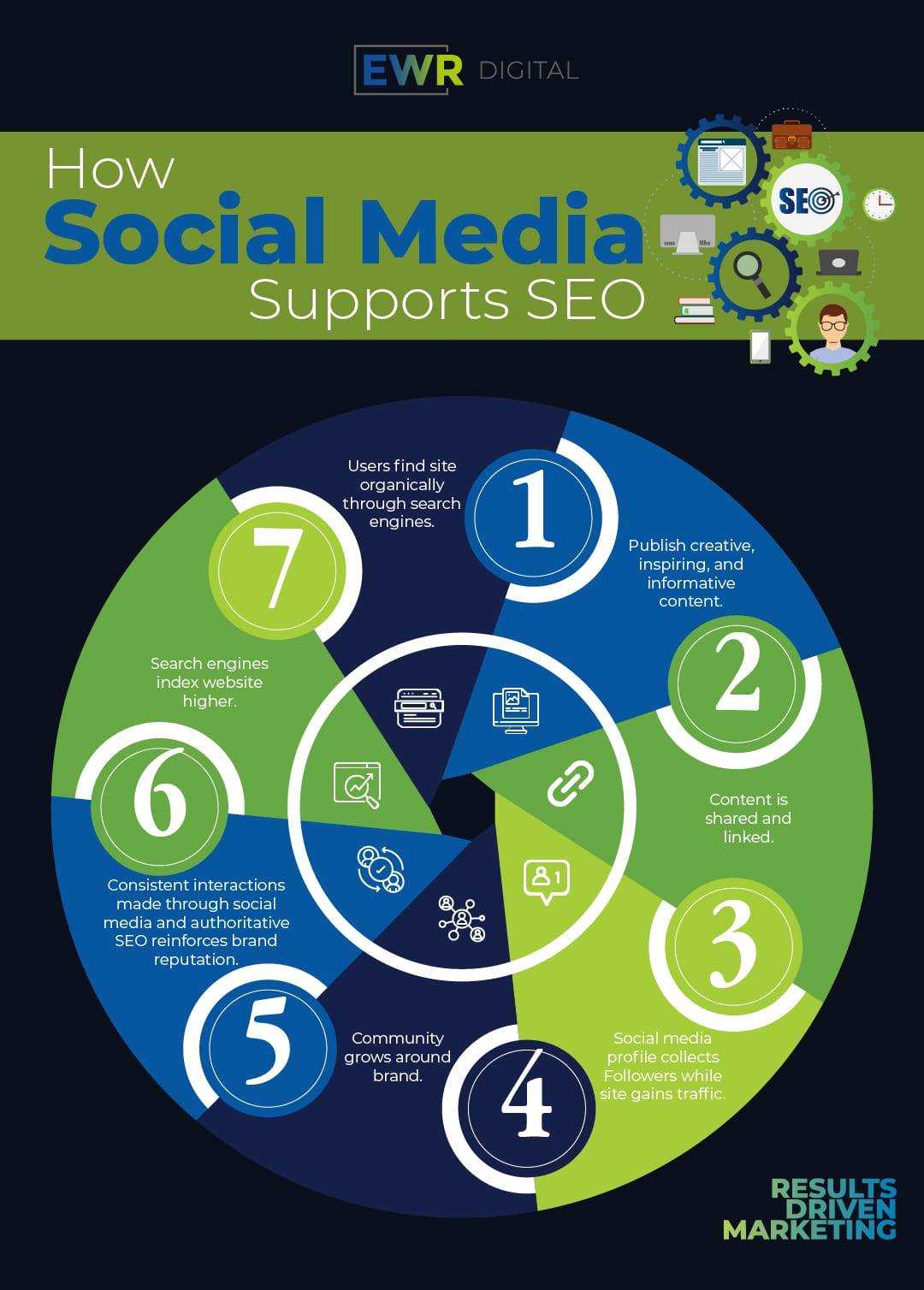
4. Social Media Marketing
This is the big one which you are probably familiar with. Every day you spend time on social media, you likely see a company market itself, whether overtly or subtly, regardless of the platform.
And why not? Social media platforms are among the most widely used websites on the Internet. They are the perfect medium for marketing a business.
As with content marketing, you will have to learn how to use each social media platform for marketing your business and engaging with your audience.
For example, use LinkedIn to promote industry-related content. Instagram can be used for lighthearted content and promotional material. You can use Facebook to communicate directly with your customers through updates, surveys, and messaging.
To get the most of your social media platforms, it is ideal to hire a marketing consultant to develop a social media strategy for promoting your brand through different platforms.
Action: Develop a strategy on how to use each social media platform to promote your brand. You can bring the content team on board to create content for social media platforms.
5. Email Marketing
You may come across a few naysayers who scoff at the idea of email marketing. Many of them may think that email is dead, but that could not be further from the truth.
With email, you can directly communicate with your customers. On social media, an Internet user may follow a brand but not necessarily pay attention to what it posts. However, if an email inbox gets bombarded with emails from a company, the Internet user will think more about how much they value the company. If they do, the emails will continue. If they don’t, they will unsubscribe.
This is why you want to use email marketing to send regular newsletters about your brand. It is the most intimate way to market to your customers.
Action: Create an email newsletter and plan at least one month of email content. Have a signup form that pops up on your website.
These five strategies are the best practices for building an online presence for your brand.
Regularly optimizing these best practices will ensure that your company can engage with an audience and, hopefully, increase conversion rates – turning your audience into paying customers.
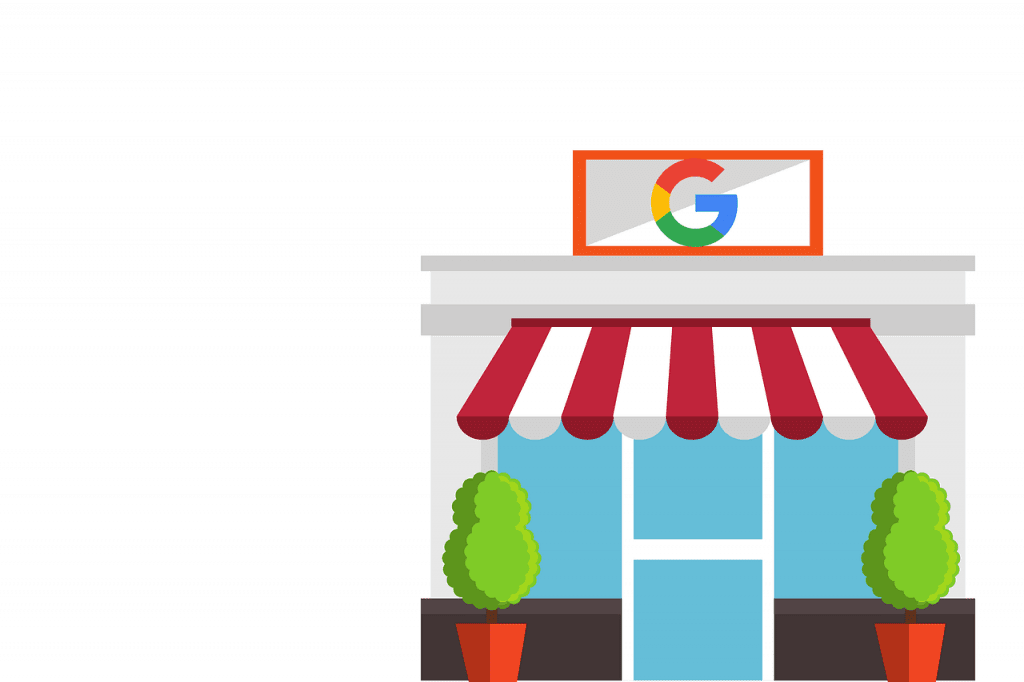
What Else to Do Online
Once your business has an online presence, what are the next steps? Is there a protocol or nonstop action for engaging your brand with your customers?
Yes, there are. Here is what we suggest:
1. Check Out Your Competition
We alluded to this in the introduction to this guide. To compete with your competition, you need to know what they are doing right.
Do not feel shy to subscribe to your competitor’s email newsletters and follow them on social media. While you should not copy them, you will see what they are doing and learn from it.
If you have optimized your SEO website, try to search for businesses in your industry at least once every two weeks. Does your company’s website show up higher in the rankings?
What are the websites that do show up? These are your competitors. If they rank higher than your website, prospective customers will go to them and not even know that your business exists.
Ask your marketing team to look at the competition and how your company can match up and eventually jump ahead. This is the only way to ensure more customers come your way.
2. Be Available to Your Customers
Remember that company that never picked up the phone? That company that was never there to resolve an issue when you needed them the most. By any chance, are you still using their services or buying their products?
Most likely, you are not.
Customer service is often seen as being separate from marketing. As Tony Hsieh of Zappos realized, a reputation for stellar customer service is a form of marketing.
Make sure that you continuously engage with your customers and prospects online. This may seem like an arduous task – and it can be. But without it, the future success of your business is unlikely.
So how do you get started?
Let us go back to the Google My Business listing that you created. If you have started receiving reviews for your business, these will show up on the listing. For every positive review you receive, make sure you thank the customer for their business.
And for every negative review you receive, apologize to the customer and assure them that you will improve next time. Perhaps offer them a discount or a special offer.
Similarly, if customers post comments through social media platforms, you must respond to them. Even if you ‘like’ a positive comment that a customer writes or respond with a ‘thank you’ message makes a huge difference.
3. Get to Know Your Audience/Customers
Your customers are the individuals who are purchasing your services or products. Your audience is the individuals who engage with your website and marketing efforts but have not yet become customers.
Take the time to get to know your customers and your audience. Using your social media platforms, you can ask them questions to understand their personalities, spending habits, or desire from your company.
You can also use a survey tool to create an in-depth survey for them to fill out.
You want to know how satisfied or dissatisfied they are with your company. You want to know what their income is. You want to know their profession. Among others, these metrics are all methods for understanding who they are and how to target them.
For your audience, you should ask how long they have been following your brand. If they have followed your brand for a year and not turned into a customer, you want to find out what is holding them back.
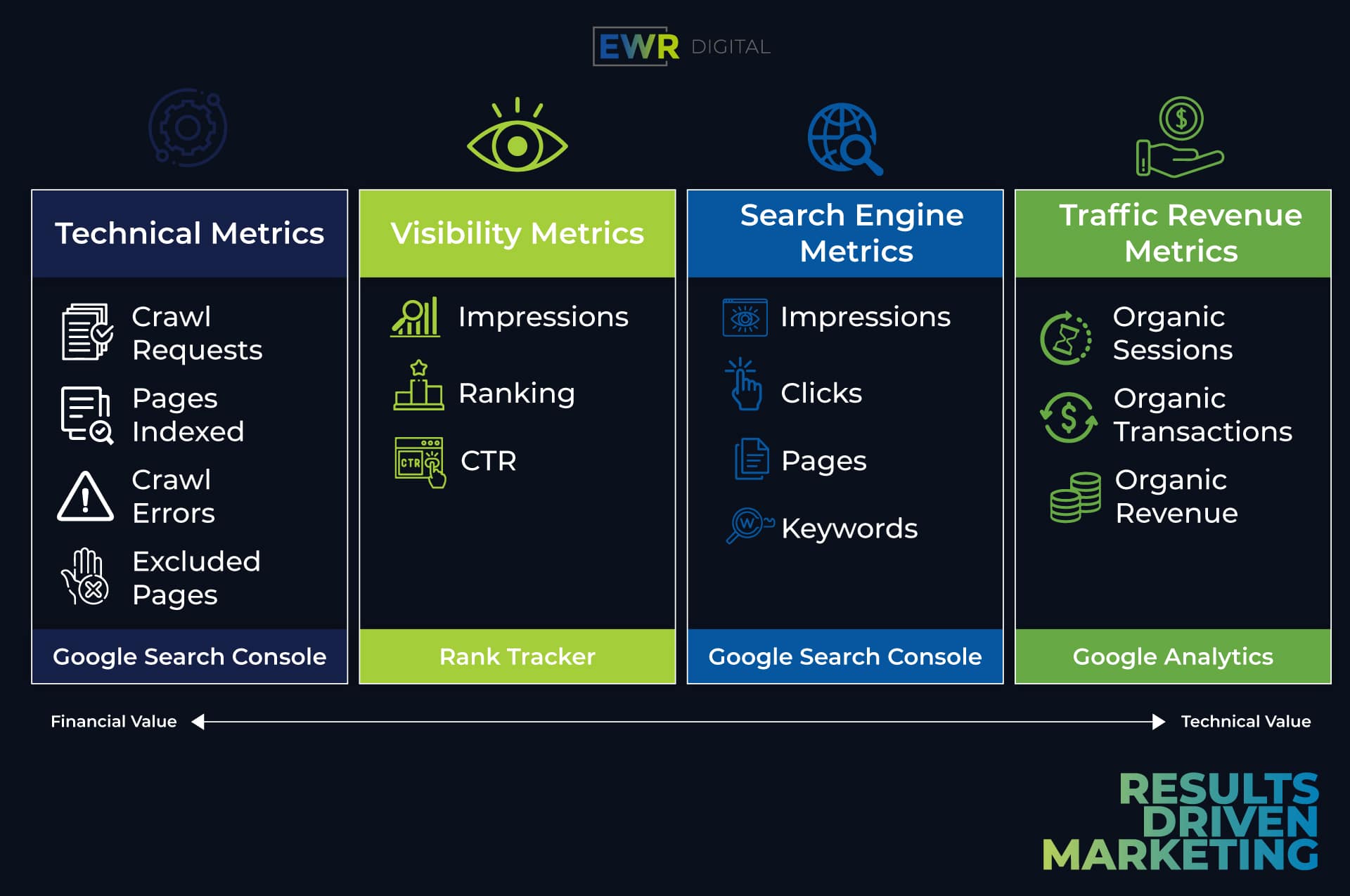
4. The Importance of Analytics
Marketing analytics is a crucial aspect of internet marketing for small businesses.
Once your marketing efforts have begun, you can use a service like Google Analytics or Matomo to analyze your actions’ results.
Learning to understand marketing analytics takes time, but the sooner you start, the better. Your main focus, at first, should be to see where the majority of your traffic goes.
For example, if you have a plethora of products on your website, your analytics dashboard can tell you where most traffic goes.
So if you get a lot of traffic toward Product A and hardly any traffic to Product B, you know have enough information to decide. Either you can decide that Product B needs more marketing (or product improvement), or you should put all your focus on Product A.
The best option is to add a marketing analytics to your marketing team. They will know how to read the analytics report and advise on what decisions to make based on their findings.
5. Get Social Proof
Remember how we mentioned receiving positive reviews on your Google My Business listing? This is an example of social proof, and it is how you draw in more customers.
As humans, we are likely to support a company if we hear positive testimonials. This means a lot more than statistics of the company’s revenue or how much traffic it gets to the website. This information is important to you, but your customers will likely not care.
Reach out to your satisfied customers and request them to provide social proof. This can be in a form of a review on a useful website or providing a testimonial that you can then share on your website and across social media platforms.
Another example of social proof is case studies. Case Studies, if appropriate for your business, showcase how your company’s products or services benefitted a customer. These are more in-depth and can attract not only more customers but also future investors.
So as you can see, internet marketing for a small business is a meticulous process. But it is not impossible, and as you continuously work on your marketing efforts, you will become an expert in the various aspects of digital marketing.
Stand Out
Now that you know the guidelines for small business digital marketing, you are ready to make your business stand out amongst the competition.
Contact us today for SEO services or your digital marketing needs.

